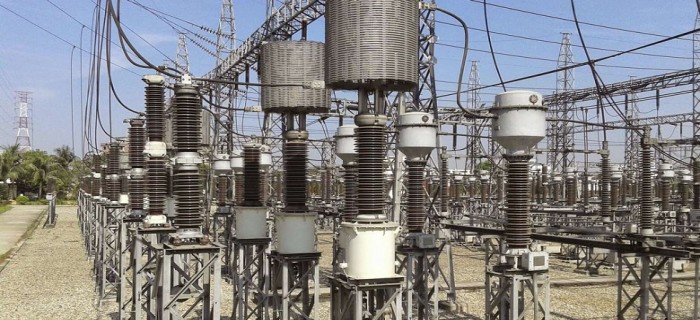
New tariff norms to assist consumers save on electricity bills.
27 Jun 2023
The Centre has introduced a new time of day (ToD) system wherein power tariff during solar hours or a specific period in the daytime shall be lower by 10-20% from the normal tariff. Under the new norms, the tariff during peak hours will be 10-20% percent higher than the usual tariff rate.The new ToD tariff would be applicable for commercial and industrial consumers having maximum demand of 10 KW and above, from 1 April, 2024 and for all other consumers except agricultural consumers, latest from 1 April, 2025. Time of Day tariff shall be made effective immediately after installation of smart meters, for the consumers with smart meters, it said.
Solar hours refer to a period of specific eight hours as prescribed by respective State Electricity Regulatory Commissions (SERC).The ministry has made amendments to the the Electricity (Rights of Consumers) Rules, 2020 to introduce the new tariff system. Mint earlier reported that the union government is planning to come up with a time-of-day tariff system for retail power consumers in a phased manner after the completion of the government’s ambitious smart metering project.Known as the Time of Day (ToD) Tariff system, consumers will be charged varying rates for electricity based on the time of day. The tariff during solar hours, a duration of eight hours as specified by the State Electricity Regulatory Commission, will be 10-20% lower than the normal tariff. Conversely, during peak hours, the tariff will be 10-20% higher. These changes are aimed at encouraging consumers to shift their electricity usage to off-peak times and promote the use of renewable energy sources. The primary objective of time of day tariff is to disincentivise higher energy consumption during the peak demand hours by raising the tariff for the period and lowering the tariff for the lean demand period. Union power minister R.K. Singh said that the ToD is a “win-win" for consumers as well as the power system.
He said: “The TOD tariffs comprising separate tariffs for peak hours, Solar hours and normal hours, send price signals to consumers to manage their load according to the Tariff. With awareness and effective utilization of ToD tariff mechanism, consumers can reduce their electricity bills.“ “During non-solar hours thermal and hydro power as well as gas-based capacity is used – their costs are higher than that of solar power – this will be reflected in Time of Day Tariff. Now consumers can plan their consumption in order to reduce their power costs – planning more activities during solar hours when power costs are less,“ Singh said.
The union minister said that the ToD mechanism will also ensure better grid integration of renewable energy sources thereby facilitating faster energy transition for India.
“The ToD tariff will improve the management of renewable generation fluctuations, incentivize demand increase during the periods of high RE generation hours and thereby increase grid integration of larger quantity of renewable power,“ R. K. Singh added. Most of State Electricity Regulatory Commissions (SERCs) have already implemented ToD tariffs for large commercial and industrial (C&I) consumers in the country. With installation of smart metres, the ToD metering at domestic consumer level will be introduced as per tariff policy mandate.
Time of Day tariff, is recognized globally across electricity industries, as an important Demand Side Management measure which is used as a means of incentivizing consumers to shift a portion of their loads from peak times to off-peak times, thereby improving the system load factor by reducing the demand on the system during peak period.
The ministry has also amended the rules for smart metering thereby simplifying the rules. To avoid inconvenience of the consumers, the existing penalties for increase in consumer’s demand beyond the maximum sanctioned load or demand have been reduced. “As per the amendment in metering provision, post installation of a smart meter, no penal charges will be imposed on a consumer based on maximum demand recorded by the smart meter for the period before installation date. Load revision procedure has also been rationalized in a way that maximum demand shall be revised upwards only if sanctioned load has been exceeded at least three times in a financial year," the statement said. Moreover, smart meters shall be read remotely at least once in a day and the data shall be shared with consumers in order to enable them to take informed decision about consumption of electricity, the ministry said.



leave your comment